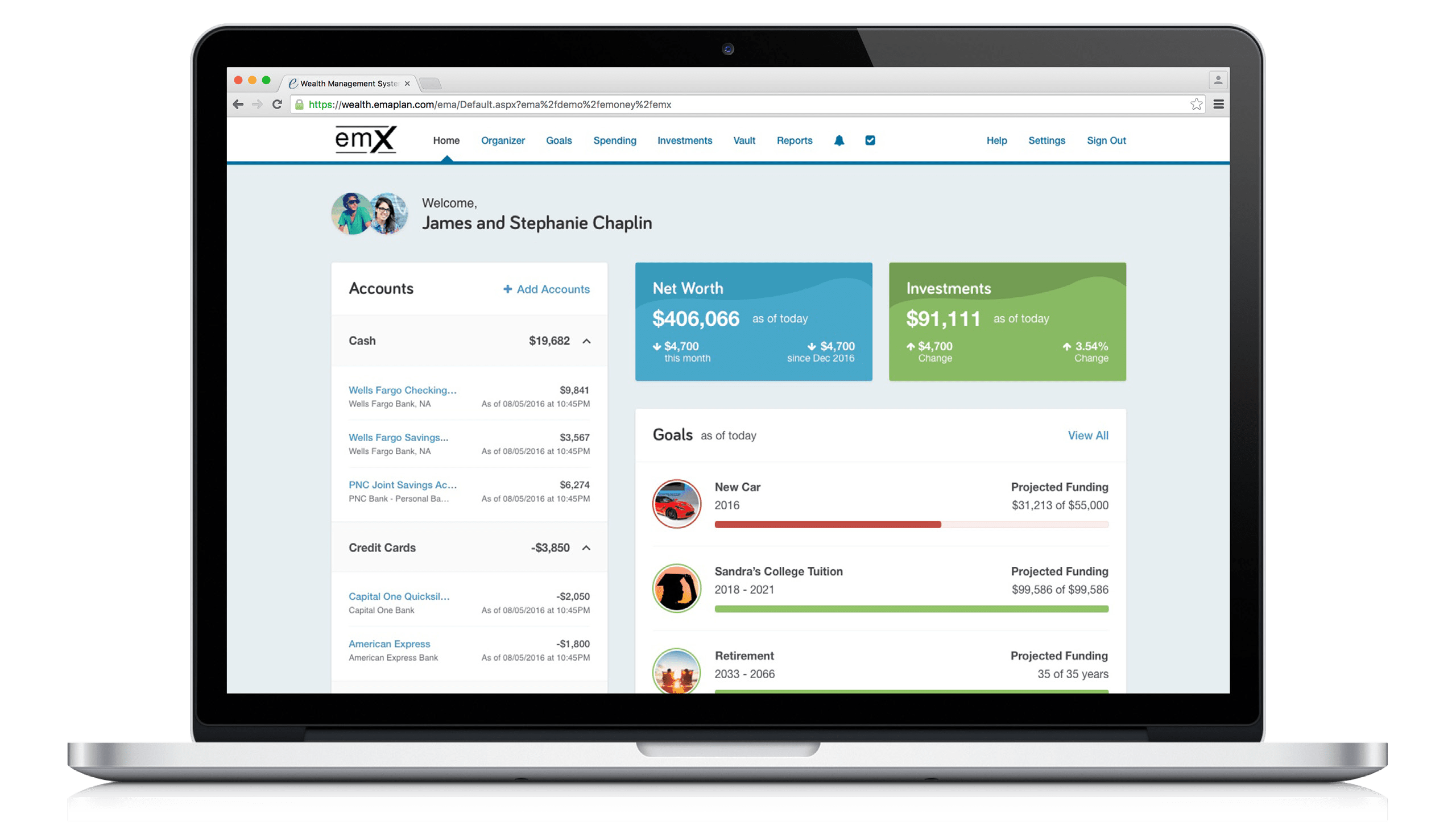You’ve probably done it all your life. First you (or your parents) enrolled you in a good kindergarten. From there, you ‘graduated’ to a solid grade school. Then came an excellent high school, after which you were lucky (and hard-working) enough to be admitted to a top-notch university. It’s been a step-by-step – and well laid-out – progression your whole life.
Isn’t that how careers (and lives) are supposed to work? All nicely laid out with one pre-ordained step after the other?
Turns out, that isn’t the way it usually works at all. More importantly, it isn’t necessarily how successful people get that way.
Welcome to the Zig-Zag World
The set paths that used to shape so many of our lives are long gone. Instead of predictable promotions at every performance review, companies have been cutting layers of middle managers, re-organizing whole work groups, or ‘releasing’ (i.e., laying off) talent to the marketplace. Organizations got ‘right sized’ in the last decades of the 20th century. These days the pace of organizational change has increased so much that our professional lives often feel like gig work.
This churn no longer seems to be limited to large business organizations. Whether it be tech or law, medicine or manufacturing, the old systems propelling us steadily forward seem to be a mirage. Companies change strategy on a dime – from hiring at breakneck speed to cutting jobs quickly as the economy slows and it looks like quarterly earnings might be at risk.
Technology, of course, is one of the main culprits here. Artificial intelligence is reshaping the value of white-collar work as we speak, but that’s only the latest chapter. Each new macro dynamic of the global economy creates irresistible trade winds that reshape work – be it globalization, or re-shoring, or whatever the latest wave happens to be.
“The idea that all of us could continually step up the career ladder was a false promise,” says Helen Tupper, chief executive of a global career development and training firm.
Instead, you might ask yourself: “What is it that I enjoy and want to be able to do really well? And how can that add value to the people and organizations I work with?”
You might decide your super-power is to be a talented generalist or a decisive leader. Exactly where, is likely to be less important. Rather than starting with a cast-in-stone idea of where you want to end up, you can begin with a practical and thoughtful inventory of your interests and your skills. Then look for the best opportunity to begin or move forward. Books like the classic “What Color is My Parachute” are still wonderful resources for self-reflection, but newer frameworks like Patrick Lencioni’s “The 6 Types of Working Genius” can also help give you deep and useful insights into what types of work you’ll enjoy as well as what roles you’ll truly excel in.
Above all, expect your career (and life) to be a journey, one with twists and turns and a few dead ends. At each stage you will learn something – even if what you’re learning is what you don’t want to do with the rest of your life or what kind of a boss you never want to be. Failure, it turns out, is an especially potent teacher. Those learnings are likely to open doors and define your future choices in ways that you could never have predicted. So rather than feel like you’re limited to someone else’s path, you can become free to find your own.
As you grow and demonstrate your value to the organizations and people you work for, there will be opportunities for you to benefit as well. You may need to negotiate a raise with a lateral move, or by asking for money to use toward education, but the fact is that there is always demand for talented, inspired, and engaged individuals.
Embrace Serendipity
Alessio Biondo, an associate professor at Italy’s University of Catania, conducted a study in 2018 with over 1,000 people on the effects of chance – luck – in career outcomes. Individuals in the study represented different levels of intelligence, ability, and effort. Each one experienced both positive and negative chance events over their 40-year careers. Biondo found that workers who reached the heights of success were hardly ever the ones with the most talent. Instead, the biggest winners had average talent but had been spurred by random luck. “So many things beyond our control – where we’re born, our family wealth – can set the trajectory of our lives,” Biondo notes.
Perhaps the story of a woman I know – let’s call her Seema – will help illustrate these ideas better than a simple description. Seema ended up being fabulously successful and with a career nobody could have predicted, least of all her. She immigrated to the US as a young woman. I suspect that, because of her experiences growing up, she was more open to career options than many of us in the US learn to be. Growing up in a developing country had taught her to be pragmatic, to recognize and seize opportunities as they presented themselves rather than getting ‘stuck’ on a single idea if things weren’t working out. Most of all, she hadn’t built her self-image around a single career idea. She’s a brilliant person, but she’s also a very flexible and resilient one.
During her first years in Silicon Valley Seema got an entry-level tech job; and that taught her that to succeed in tech you need specific skills. So she went back to school and earned a Masters Degree in Computer Science. Then she re-joined the ranks of tech workers and earned more and learned more. But eventually she also realized that she was never going to succeed in – or indeed want to – rise to the top of her company’s tech career ladder. So she zagged.
Seema had always been interested in the law. She took her stock option money and went to law school. Now she was an attorney who also had an amazing grounding in how tech (and tech companies) work. She had no trouble landing a position at a good law firm in Silicon Valley. Then, on track to become partner, she was recruited by another firm to do specialized work that depended on her unique combination of skills: tech, law, and a deep knowledge of the language and culture of the country she had grown up in.
Nobody could have predicted Seema’s success path. Like all of us, not everything in her life was perfect all of the time. Twice she hit a “career ceiling.” Twice she simply moved around it on the chess board of life.
“You Are Not More Powerful Than the World Around You”
Jarrod Farmer learned that after being laid off from Meta last November, as reported by the Wall Street Journal. “He’d spent more than seven years in big tech and planned to never leave. The experience prompted him to transition to a public-sector job, which he hopes is more stable.” This is not a new phenomenon. According to a recent National Bureau of Economic Research working paper, as firms invest in new technologies, they bring on younger workers with fresh skills and flatten their hierarchies. Specific changes may defy foretelling but change itself is predictable.
It’s seductive to think that science and technology give us more control over our lives because they give us more choice. And in certain ways they do; but not all. Hard work and intelligence still matter, of course, but randomness – luck – is more of a factor than most of us think. Morgan Housel said, “Nothing is as good or as bad as is seems.” We all tend to ascribe outcomes to things that we recognize and understand, but a lot of the world – from careers, to who we marry, to investing – is driven by randomness. It is up to each of us to make the most of the cards that we are dealt.
This Thanksgiving holiday might be a good opportunity to take stock of what you’re grateful for in your life, as well as what you’d like to change or improve. Don’t be too hard on yourself if you’ve fallen short of your expectations. And don’t be too proud of yourself if you’ve been more successful than you imagined you would be. Take the opportunity to check in with yourself and ask, “How have things changed since I last thought about where I am and where I want to be?” “Are there identifiable, new changes on the horizon?” “How can I take advantage of (or at least prepare for) them? Most importantly, “Is this what I want for myself and my loved ones? Is this what I want to be?” If not, then consider zagging.




2 thoughts on “Are You Looking for The Perfect Career (or Life) Plan? Forget It.”
Jane – Thanks for this insightful and helpful advice on how to approach one’s career, it definitely resonates with what I’ve been experiencing and observing in the job market lately. Also reminds me of the “tour of duty” contract between employees/employers described here: https://hbr.org/2013/06/tours-of-duty-the-new-employer-employee-compact
Jen – Thanks so much for your thoughts on this topic. I wasn’t aware of the HBR article referencing “Tour of Duty”, and I really enjoyed it. One of the big questions that the “Tour” concept brings up for me is the ideal length of the tour. And how can we figure out whether the tour narrowly reflects a particular position, or whether it pertains to a company or a whole industry? What about the possibility that someone really does want to settle into a job or function semi-permanently, perhaps because that’s a part of their life they want to hold constant while they focus their creative energies elsewhere? Whatever those answers may be, it seems most important to me that we at least ask them. -Jane